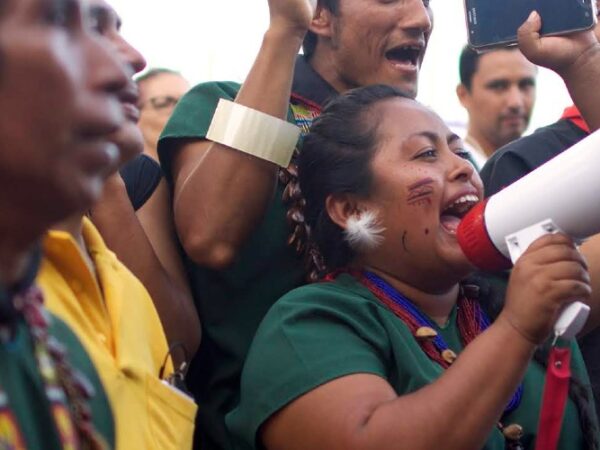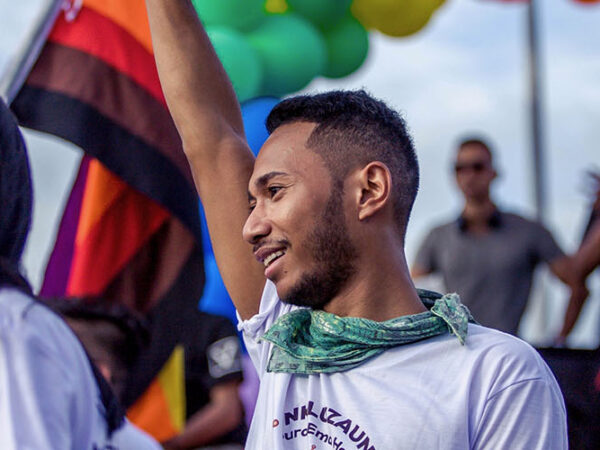In the regions where we work, we see a steady loss of civic rights and freedoms, the quick spread of disinformation and divisive rhetoric, increasing exclusion of marginalized groups, and a growing mistrust of democratic institutions. These trends are closely linked to a global economic system based on exploitation and that tolerates corruption and tax avoidance. All this is magnified by the rapid, unequal digitalization of our societies and daily lives.
Yet, we also see how digital technologies offer us opportunities to support the people and organizations trying to reverse these trends. They form part of civil society, educational institutions, the media and cultural sectors. Social justice values guide their work to protect civic rights and freedoms and strengthen respect for healthy, democratic debate.
Hivos supports their efforts – locally and globally – to protect and promote civic rights in an increasingly digital world.
What we want
Societies where civic rights and freedoms are protected, where nondiscriminatory public debate flourishes, and where people can act to make sure that new technologies and public funds are used justly and responsibly.
Our approach
To achieve these goals, we are following four courses of action based on empowering digital rights activism, campaigning, strategic communication, and working with allies.
1. Building civic influence
This effort supports the work of diverse community leaders in the Global South who raise public awareness, get people involved in digital rights campaigns, shape government policies, and act as independent watchdogs. Their efforts are essential if we want government decisions and actions to reflect the concerns of minority and marginalized groups.
2. Defending activists
The aim here is to ensure that human rights defenders, social justice activists, digital content makers, and independent media are able to make safe, responsible and effective use of information and technology. Their work is increasingly digital and thus vulnerable to digital threats like surveillance, theft and misuse of sensitive data, targeted disinformation, and deep fakes that discredit and attack activists and other civic leaders.
3. Changing the story
Mainstream narratives often uphold long-established power relations. Changing those stories involves creating more space for alternative, critical voices to be heard, while getting the public to understand and support them. Leading the charge in this effort are independent media, artists, civil society organizations, and community groups. They tackle issues like police corruption, discrimination, and negative gender stereotypes using new, imaginative approaches.
4. Influencing public spending
We want both citizens and social justice advocates to have a bigger say in what governments spend money on, especially at the local level. Governments need to be transparent and responsive to local concerns because it’s the most at-risk citizens, like those who face exclusion or the impacts of climate change, who depend on local authorities using public resources fairly.
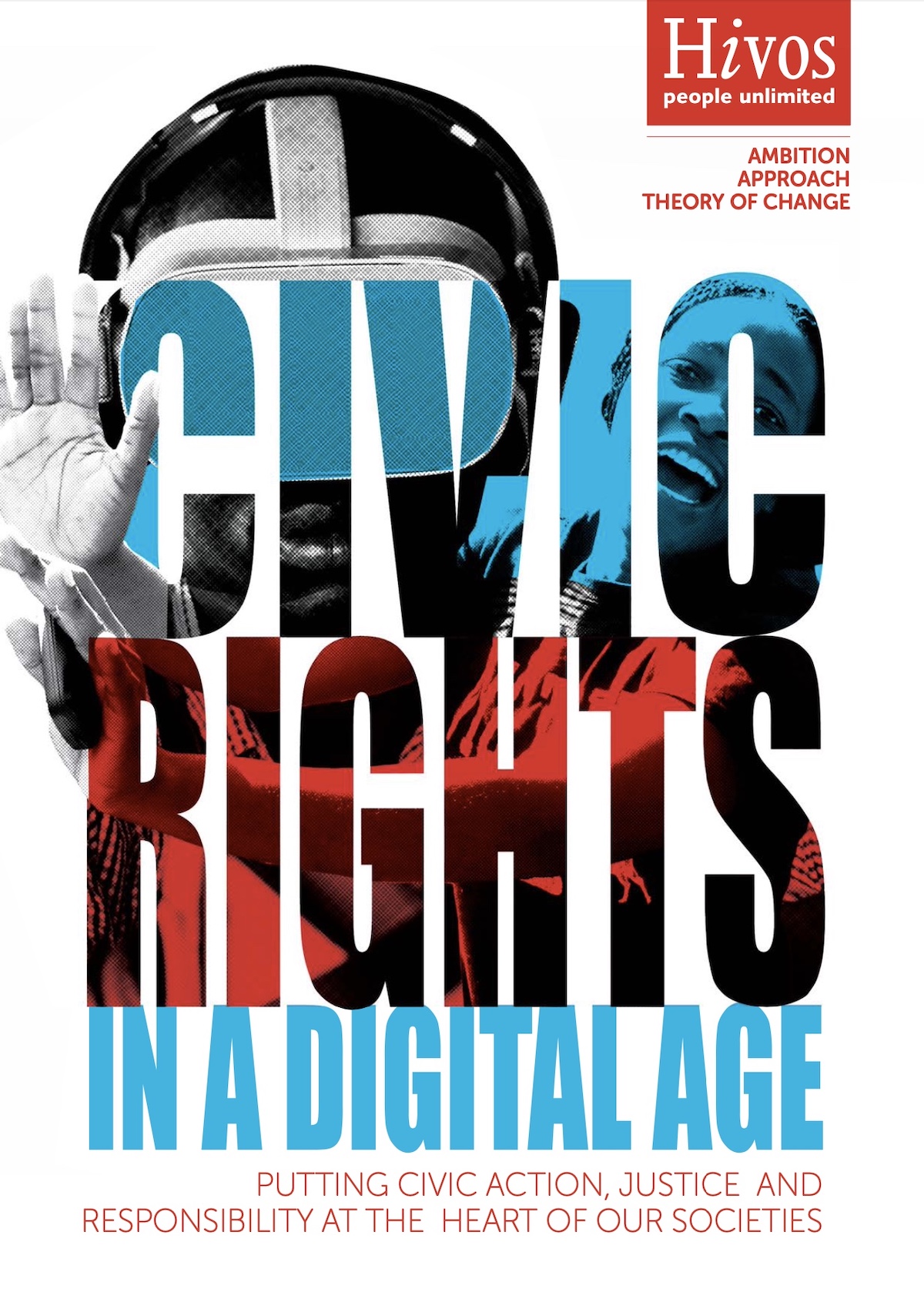
Civic Rights in a Digital Age programs
Hivos has built up extensive experience and networks in the field of accountability and freedom of expression through a wide range of programs, including:
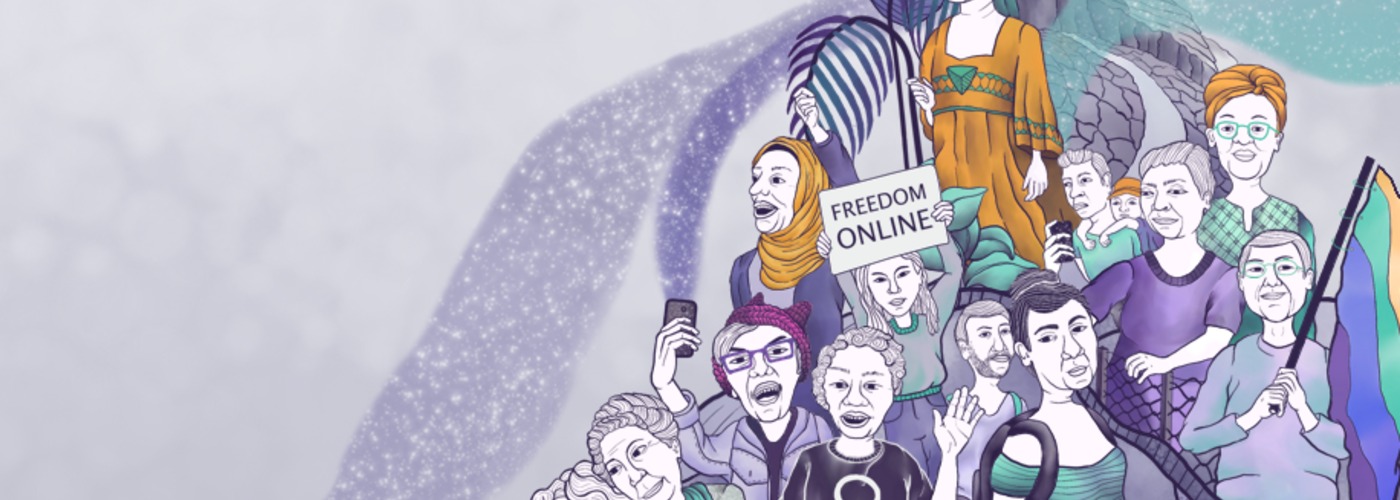
Digital Defenders Partnership
DDP protects activists under (digital) attack and helps them navigate the digital highway safely, while strengthening rapid-response networks.
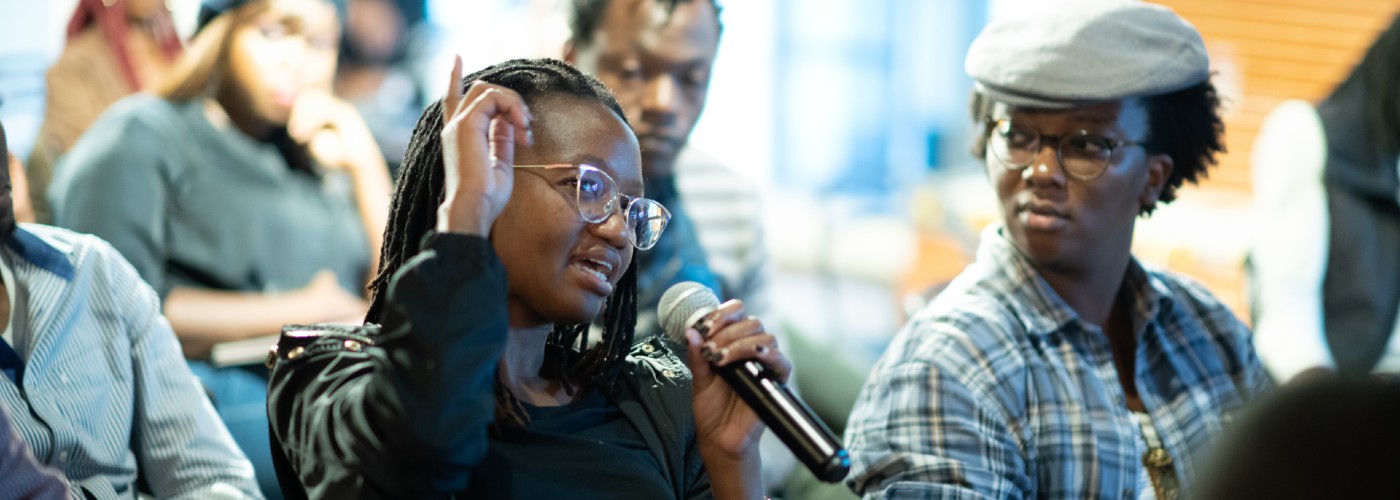
EU SEE
The EU System for an Enabling Environment for Civil Society brings together civil society organizations from 86 countries to monitor their civic space, give early warnings of restrictions, and contribute to responses.
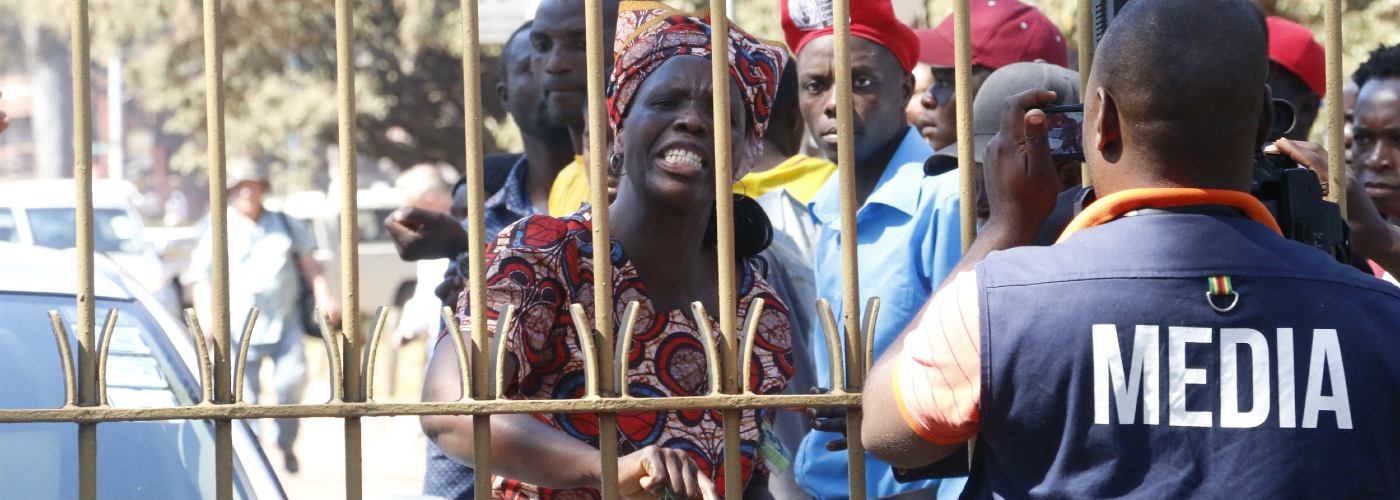
Connect, Defend, Act!
This program aims to counter efforts to restrict civic space by supporting civil society in three areas: coalition building, knowledge production, and collective action.

